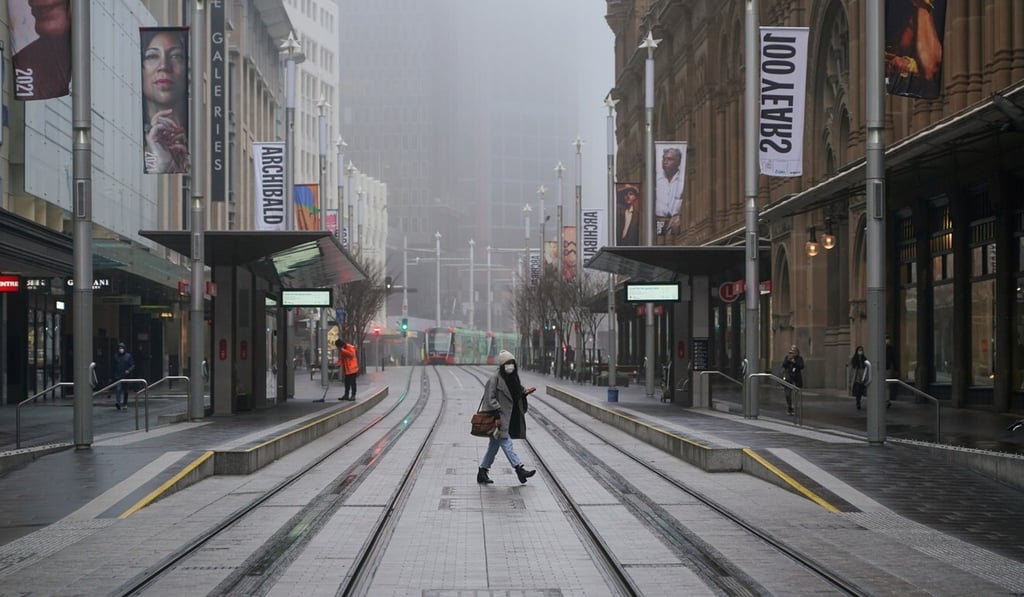As I See It | Are Australia’s closed borders a roadblock to post-pandemic life?
- With half the country in lockdown this week, there have been calls to limit overseas arrivals, and fingers pointed at ‘disease-bearing’ foreigners
- But this penchant for border restrictions just means many Australians will continue to be hesitant or apathetic about getting vaccinated

But this week almost half the country’s population – more than 12 million people – is in lockdown, as the states of New South Wales, Queensland, and Western Australia as well as the Northern Territory rush to curb the spread of the highly infectious Delta variant.
AstraZeneca was meant to be the cornerstone of Australia’s vaccine roll-out, but concerns over the risk of blood clots have lingered – even in the face of data from the Australian Bureau of Statistics showing that the risk of dying from the inoculation is similar to that of being killed by a lightning strike.
Authorities from Victoria and Queensland have also questioned Morrison’s decision, with state premiers Daniel Andrews and Anastasia Palaszczuk calling for Canberra to halve the cap on international arrivals for the next three months.
There is a logic to their suggestion. Victoria endured some of the world’s longest lockdowns, and with most cases in Australia being imported, reducing overseas arrivals could, on paper, help reduce the likelihood of movement restrictions being imposed once again.
The problem is that while borders remain shut, many Australians will continue to be hesitant or apathetic about getting vaccinated – meaning that when there is an outbreak, there is a chance for it to spread rapidly, necessitating harsh measures such as lockdowns. And round and round we go.


